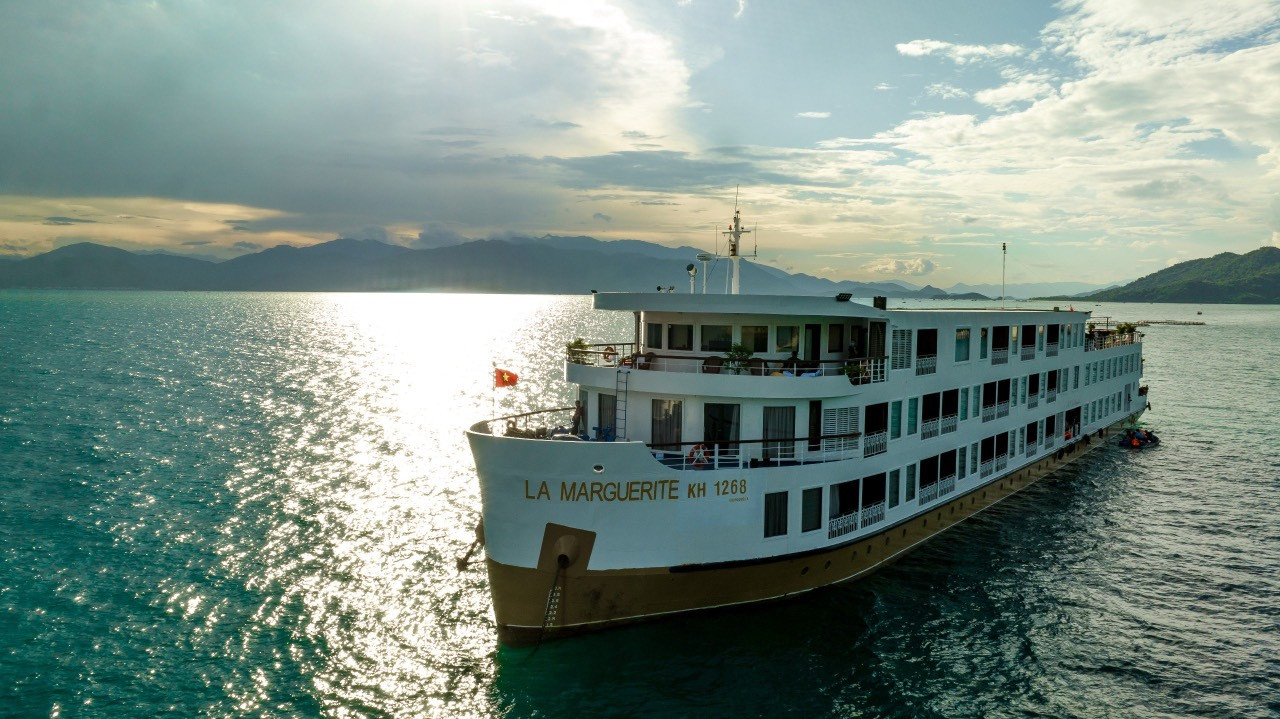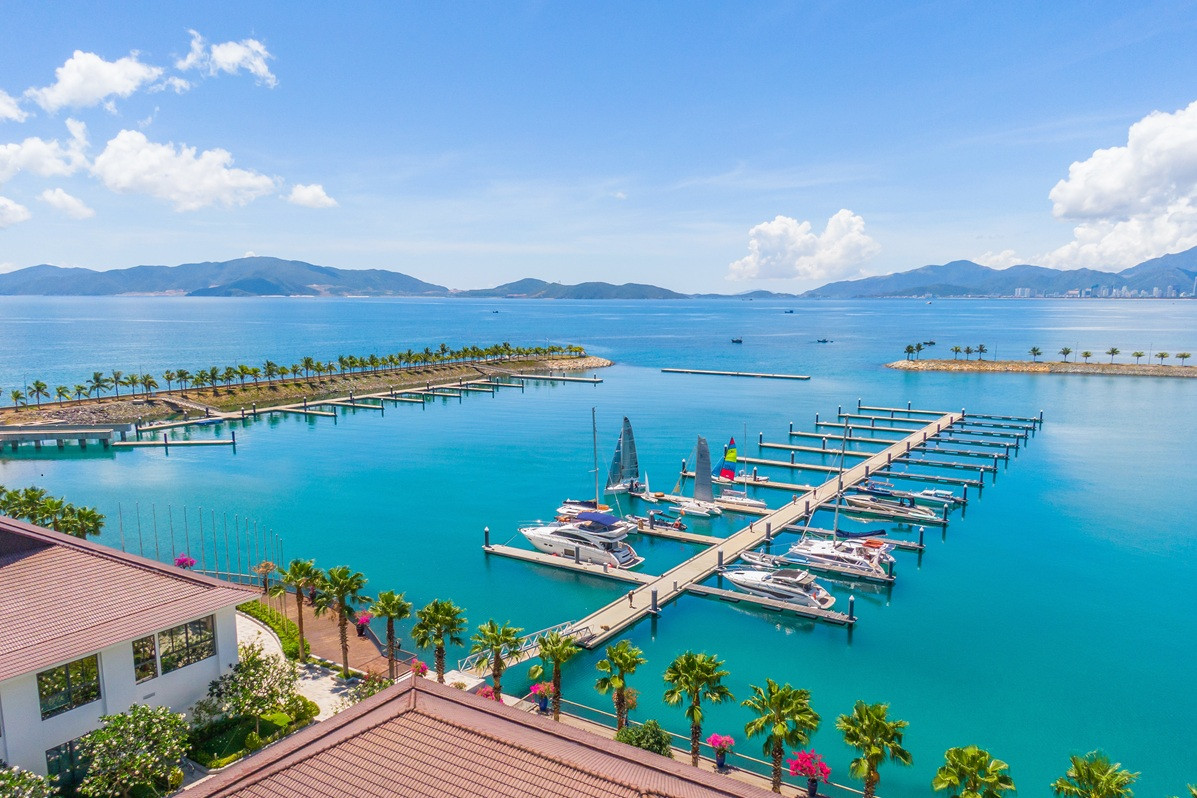VietnamNet would like to introduce a special series by tourism expert Doan Huu Duc, focusing on the development of Vietnam’s river-to-sea tourism. Through in-depth analysis and firsthand insights, the series explores how Vietnam can unlock the full potential of its inland waterways and vast coastline.
From the pioneering efforts of private enterprises like Focus Travel to the strategic significance of regional governance reforms, the series offers a comprehensive vision for transforming the Mekong Delta into a world-class tourism hub.
This is a timely and vital roadmap for integrating river and sea tourism into Vietnam’s broader economic and cultural future.
Private pioneers chart a new course for Mekong tourism in Vietnam

I recently had the opportunity to attend the 25th anniversary celebration of a family-owned company, The Focus Travel.
The founder, originally from Hai Phong - a port city in the north - once worked as a teacher in Hanoi before launching his marine tourism port in Nha Trang.
This milestone not only marked a company’s growth but also highlighted a shift in Vietnam’s tourism direction, especially in the emerging river and coastal tourism ecosystem.
As a long-time advisor on local economic development in the Mekong Delta, I have followed Focus Travel's journey closely, particularly its contribution to connecting the river-to-sea tourism network.
Our initial meeting took place last year on the Tien Giang River, made possible by Vietnamnet during a writing contest titled “Stories of the Rivers.” The competition drew over fifty writers and experts from various fields, all united by a shared passion for the Mekong.
Aboard the Le Marguerite - named after the French novelist whose book L’Amant inspired a well-known film about a romance set in Sa Dec City - we discussed the Mekong’s cultural legacy, including the decline of floating markets.
I was impressed that Focus Travel initially launched its river cruise operations in Cambodia and had been thriving for years. However, it was only during our journey that the company began researching cross-border tourism routes linking Tien Giang, Ben Tre, and Vinh Long.
Following that trip, Focus Travel arranged a familiarization journey to Ben Tre and Vinh Long, again along the Tien Giang River. Just a few months later, they boldly introduced the Mekong Lover project, unveiling a USD 4 million custom-designed vessel that blends luxury cruising with rich local culture, reaching lesser-served areas such as Vinh Long and Ben Tre.
While Cambodia has successfully carved out a stronghold in the river cruise market with simplified regulations and robust public-private coordination, Vietnam has fallen behind.

A significant portion of the cruise experience remains on the Cambodian side, even though the Mekong River deeply connects with Vietnam’s southern provinces in both heritage and economy.
This disparity reflects broader structural weaknesses in Vietnam’s tourism framework - fragmented governance, underfunded river port facilities, and underutilized cultural and ecological resources.
Focus Travel’s pivot from international to domestic river exploration and its investment in marine tourism infrastructure represents a turning point.
The launch of Ana Marina underscores a critical realization: linking inland waterways to coastal tourism is not just about leisure - it is essential for trade, logistics, and regional development.
However, true transformation requires more than visionary entrepreneurs. For Vietnam to scale these initiatives and make a lasting impact, it needs a unified river-sea tourism development strategy that includes strong collaboration between ministries such as Culture, Transport, Planning and Investment, and Natural Resources and Environment; harmonized and reformed regulations at the local level; strategic infrastructure investments like modular docks and supportive marinas; and enhanced capacity building focused on destination management and sustainable practices.
Cambodia has already benefited from international partnerships to position itself as a top Mekong cruise destination. With its larger geographic and demographic scale, diverse natural assets, and wider market access, Vietnam holds unmatched potential. But realizing this vision demands a policy and investment environment where private sector innovation can truly thrive.
Focus Travel’s example shows the powerful results when entrepreneurial drive aligns with national goals. Vietnam must move beyond isolated success stories to build systems that attract, scale, and replicate innovative efforts - ultimately creating an ecosystem where river-sea tourism can drive inclusive and sustainable growth.
The time to act is now. Vietnam has a real opportunity to lead this dynamic tourism frontier.
Doan Huu Duc